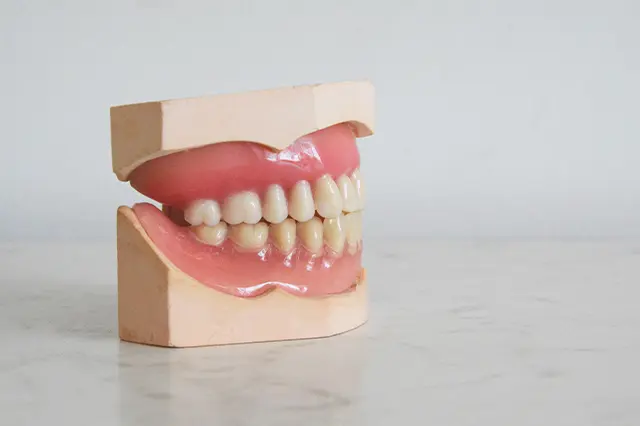
Oral Mucocele: Causes, Symptoms and Treatment Options
Oral mucocele is an often benign growth that occurs in the oral cavity and can lead to pain and discomfort. It is most often caused by trauma or irritation in the mouth, such as biting the lips or tongue, poorly fitting dentures, or injuries from dental procedures. While mucoceles are usually harmless, it is important to recognize their symptoms and seek medical help if necessary. In this article, we’ll discuss what causes oral mucoceles, their associated symptoms, and available treatment options. We’ll also discuss how to prevent future occurrences of oral mucoceles.
What is Oral Mucocele?
Oral mucocele is a benign lesion that is commonly found in the oral cavity. It is caused by the accumulation of mucus in the minor salivary glands. Oral mucocele can occur on the lips, gingiva, palate, or floor of the mouth. It is usually a spherical lesion that is firm to palpation and ranges in size from 2-10 mm. The overlying mucosa is typically erythematous and edematous. Oral mucocele is asymptomatic unless it becomes secondarily infected. Treatment options for oral mucocele include conservative management with warm salt water rinses and topical steroids, or surgical removal of the lesion.
Causes of Oral Mucocele
There are a few things that can cause an oral mucocele:
– damage to the salivary gland or its ducts. This could be from trauma (like biting your cheek), surgery, or radiation therapy.
– a blockage in the salivary gland or its ducts. This could be from a tumor, stones, or other growths.
– an infection in the salivary gland.
Symptoms of an oral mucocele can include:
– a swelling on the lip, tongue, or inside of the cheek
– a painless lump that you can see and feel
– numbness in the area of the mucocele
– difficulty moving the affected area
Symptoms of Oral Mucocele
The most common symptom of an oral mucocele is a small, painless lump or bump on the lip. The lump is usually filled with clear, sticky fluid and may be slightly blue in color. Mucoceles can occur on the inside of the lower lip (mucous retention cyst), the floor of the mouth (ranula), or the side of the tongue (lingual mucous extravasation cyst).
Other symptoms may include:
-Swelling of the affected area
-Tenderness or pain when pressing on the lump
-Difficulty moving the lips or tongue
-A feeling of fullness in the mouth
-Drooling
If the mucocele ruptures, you may also experience:
-Sudden, sharp pain
-Bleeding from the ruptured mucocele
-A foul taste in the mouth
-Difficulty speaking or swallowing
Treatment Options for Oral Mucocele
Oral mucocele is a growth that occurs on the lining of the mouth. It is usually filled with mucus and may be caused by trauma to the area, such as biting your cheek or lip. Mucoceles are benign (not cancerous) and usually go away on their own. However, if they do not go away or if they grow large, you may need treatment. Treatment options for oral mucocele include:
– surgical removal: This is the most common treatment for oral mucocele. The growth is cut out and the area is stitched closed.
– laser removal: This treatment uses a laser to destroy the mucocele cells. It is less invasive than surgery and has a shorter recovery time.
– cryotherapy: This treatment uses extreme cold to destroy the mucocele cells. It is less invasive than surgery and has a shorter recovery time.
– topical steroids: Topical steroids can reduce inflammation and help shrink the mucocele.
No matter which treatment you choose, it is important to follow up with your doctor so they can monitor the area for any changes, such as growth or recurrence of the mucocele.
When to Seek Medical Attention for Oral Mucocele
If you have a mucocele, you may not need to seek medical attention unless it is causing pain or is cosmetically undesirable. However, if you have any of the following symptoms, you should see your doctor or dentist:
-The mucocele is large and unsightly
-You have difficulty opening your mouth
-The mucocele keeps coming back after being drained
-The mucocele is associated with other symptoms such as fever, toothache, or earache
Conclusion
Oral mucoceles can be a painful and annoying problem, but the good news is that there are treatment options available. Depending on the severity of your condition, your doctor will determine which option is best for you. With proper care and attention to oral hygiene, mucoceles can usually be treated successfully at home or in the dentist’s office. If left untreated, however, they can cause long-term damage to your teeth and gums and may even require more complex surgery. Be sure to consult with your physician if you suspect you may have an oral mucocele so that it can be treated quickly and effectively before any further complications arise.
